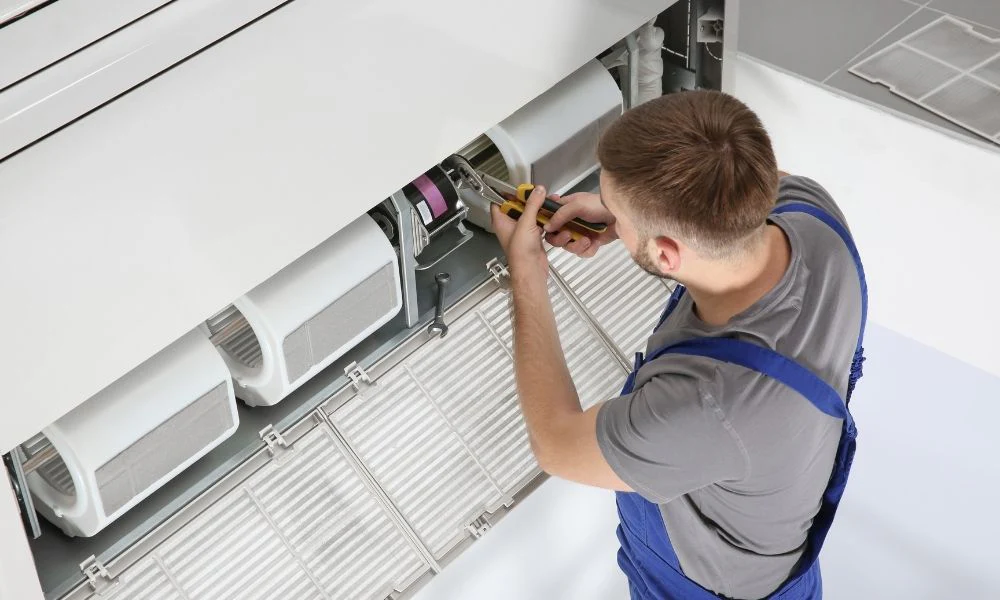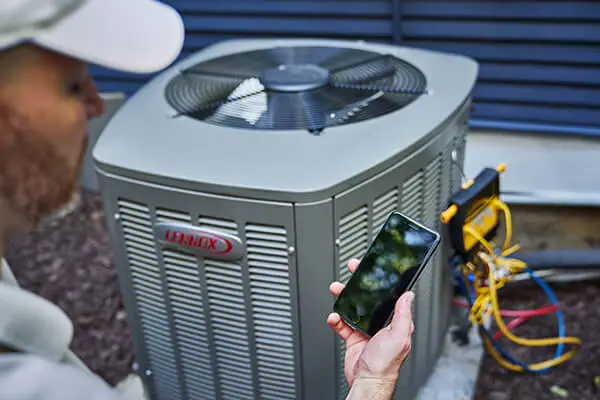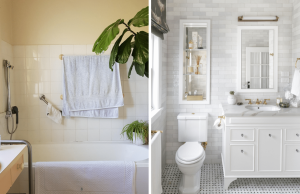
When it comes to making your home more comfortable, energy efficiency plays a vital role. With rising energy expenses and environmental awareness, homeowners are looking for ways to minimize energy use without sacrificing comfort. One of the most effective ways to achieve this is by optimizing your heating and cooling systems. In addition to improving the comfort of your house, well-maintained and energy-efficient systems can result in considerable energy bill savings.
The Role Of Heating And Cooling In Energy Consumption
A home’s energy use is mostly attributed to heating and cooling, particularly in areas where annual temperature variations are substantial. Whether you use them to heat or cool your home, these systems are the most energy-intensive. As a result, making them more energy-efficient can have a substantial impact on both your comfort and your budget.
Choosing The Right System
The first step toward saving money is selecting the right heating and cooling system for your home. System design today prioritizes energy efficiency. For instance, heat pumps are a highly efficient option, as they provide both heating and cooling by transferring heat instead of generating it. This can be more cost-effective than traditional systems that require more energy to operate. Additionally, systems such as ductless mini-split units are excellent for homes that do not have ductwork. These units are often more energy-efficient and provide better zoning control, allowing you to cool or heat specific areas of the home rather than the entire space.
Regular Maintenance For Optimal Performance
Maintaining your energy-efficient system on a regular basis is essential to ensuring that it performs at its best. Over time, systems can accumulate dust, debris, and other factors that hinder their performance. For instance, a dirty filter might obstruct airflow, making the system work harder and squandering energy. By scheduling yearly tune-ups with an expert, you may maintain peak performance and reduce energy expenses.

Changing filters regularly is a simple but effective maintenance task that homeowners can do themselves. Checking for leaks in the ductwork can stop heated or cooled air from leaving, ensuring that energy is not wasted, while clean filters allow air to flow easily, decreasing the pressure on the system and boosting its efficiency.
Programmable Thermostats And Zoning
Among the simplest and most economical methods of conserving energy is to get a programmable thermostat. By allowing you to program your heating and cooling systems to only run when necessary, these gadgets help you save energy while the house is empty or you’re sleeping. For instance, you can set the thermostat to turn up the temperature right before you get home from work and turn it down while you’re at work. This eliminates the need to keep your home at a constant temperature when it’s not necessary.
Zoning is another strategy that can improve energy efficiency. With a zoned system, you can control the temperature of different areas of your home independently. This is particularly useful for large homes where certain rooms may not be used regularly. By targeting specific areas that require heating or cooling, you avoid wasting energy on unused spaces.
Seal Gaps And Insulate Your Home
Proper insulation and sealing of gaps in doors, windows, and walls are also critical for energy efficiency. Insufficient insulation in your house will cause you to lose the warmth in the winter and the cool air in the summer, making it more difficult for your heating and cooling system to keep the temperature comfortable. Adding insulation to your attic or sealing cracks around windows can help keep the desired temperature inside, reducing the workload on your system and ultimately saving money.
Conclusion
Energy efficiency at home is no longer just a trend but a necessity. Proper heating and cooling systems, combined with regular maintenance and smart practices like using programmable thermostats, can save you a significant amount of money over time. By investing in energy-efficient technologies and taking proactive steps to optimize your system, you’ll not only cut down on your energy bills but also contribute to a greener environment. In the long run, small adjustments today can lead to big savings tomorrow.








